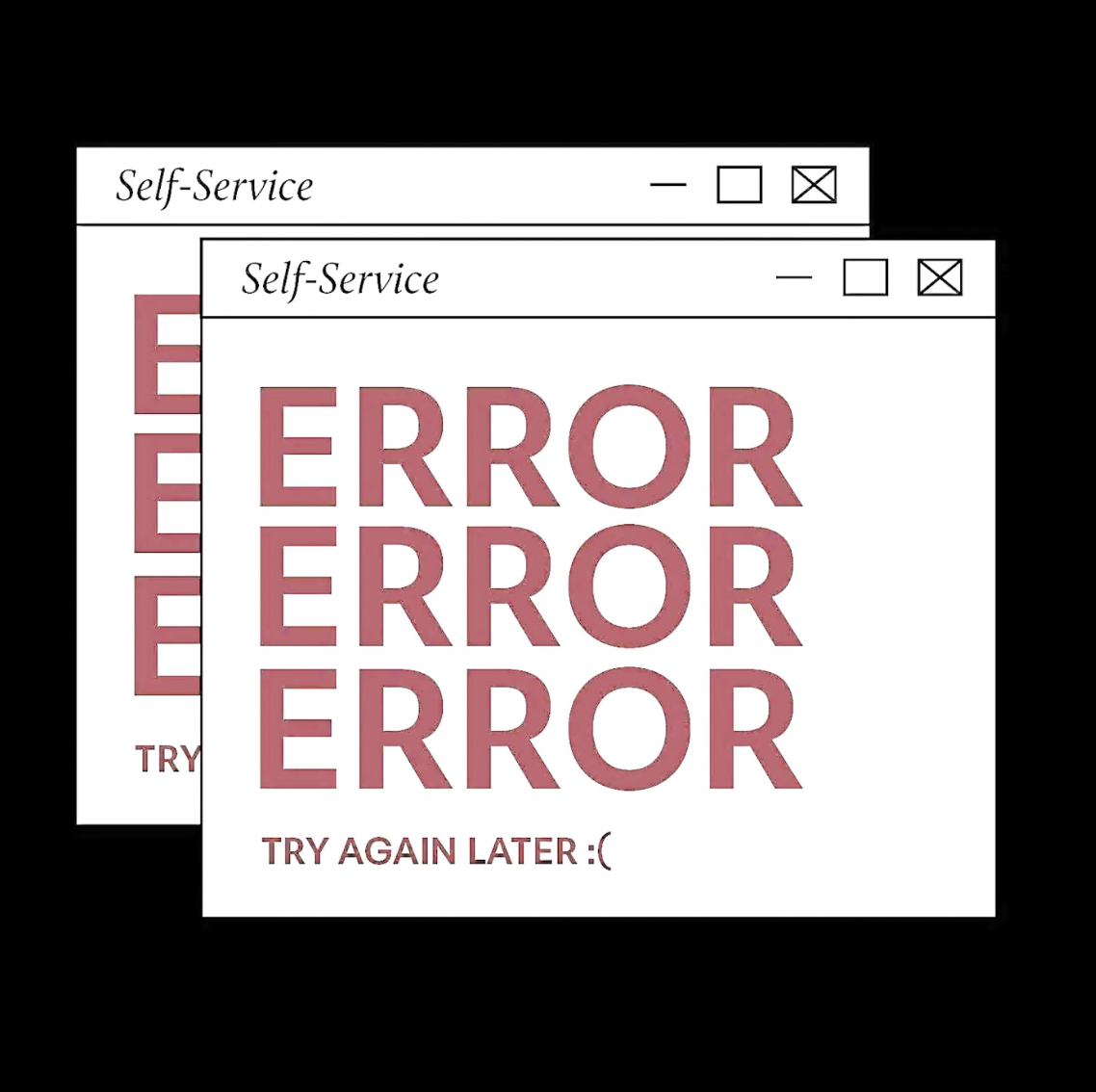BY ELIZABETH RAINEY
DIRECTOR OF RETENTION AND STUDENT SUCCESS IN THE STUDENT SUCCESS CENTER
I missed the initial deadline to write this piece about time management. The irony is not lost on me. On reflection, I did not set aside the time I needed to sit down and write. Sometimes I avoid writing because it’s personal and it will later be read and, possibly, judged. So I’m not a model of time management, but I’m human and I tend to get things done. I am happy to share my experiences and offer ideas that might be helpful to students.
For starters, time management is a misleading term. We can’t manage time. It goes ahead with or without us. We can, instead, choose how we spend our time. In a recent training, I learned, “what matters motivates.” Each week, I examine what is most important and has the greatest impact, and start there.
I sincerely believe every student is capable of finding the best solution for themselves, especially if students are willing to invest effort. We can all learn new skills, including how to be more organized, how to write and follow a to do list, or how to set reminders in your phone. I remind students this is part of a longer journey to develop skills and strategies for school and life.
To become more efficient with time, I suggest students: 1) decide if it’s important, 2) seek resources if needed, 3) design a plan, 4) follow through and 5) assess.
I offer some concrete suggestions that have been helpful for me and my students:
Worst-First: Do the worst/hardest task first, so that all others are easy by comparison.
Use Momentum: Start doing a task you like and that energizes you, and then, without a break, quickly switch to a task that you have been putting off.
Just Five Minutes: Plan to spend just five minutes doing a task. After five minutes, reassess and see if you can spend just another five minutes on the task.
Set Time Limits: set a specific amount of time to work on a task, and stick to just that, rather than extending things, even if you feel you can. Try 20 minute intervals to start.
Prime Time: Work out what time of day you are most productive, energized or creative, and use this time to get started on tasks or goals. The idea is to work when you are at your optimum.
Prime Place: Be aware of which places you are more productive in, and which places you get distracted and tend to procrastinate more. Isolate yourself, if necessary, to minimize distractions.
Remember-Then-Do: As soon as you remember you need to do a task, do it. This works best for tasks that can be completed in under 2 minutes. Otherwise, write it down.
Notes or Lists in Prominent Places: Try using an agenda, your phone, Google calendar or a whiteboard.
Program Reminders into your Phone. The average college student looks at their phone about every 3 minutes. Try adding something useful there.
Visualize: Use imagery to clearly visualize the task being successfully completed in your mind. Picture getting an A on that test! Or walking across the stage in the Superdome.
Focus: If you are feeling unsettled, take a moment to close your eyes and focus on your breath. Try to lengthen out each breath in and each breath out. Spend 5-10 minutes using your slow breathing to settle and focus.
Plan Rewards: Reward yourself after something has been achieved or as a well-earned break from a task. The more you reward yourself for small achievements, the less you will feel like you are missing out or being deprived. As a result, you will procrastinate less.
Remember no one is perfect: If you are delaying something you need to do because it may not come out just right, remember nothing is perfect. Most work can be improved and learning is a process.
For a more in depth conversation, I invite you to my workshop, I Can Do It Later: Procrastination and Priorities, in the Student Success Center in Marquette 112 on Sept. 26 at 12:30 p.m. Visit http://www.loyno.edu/success/workshops for more information.













